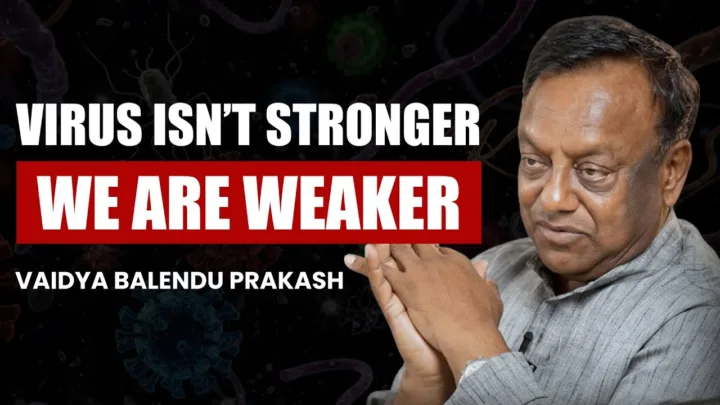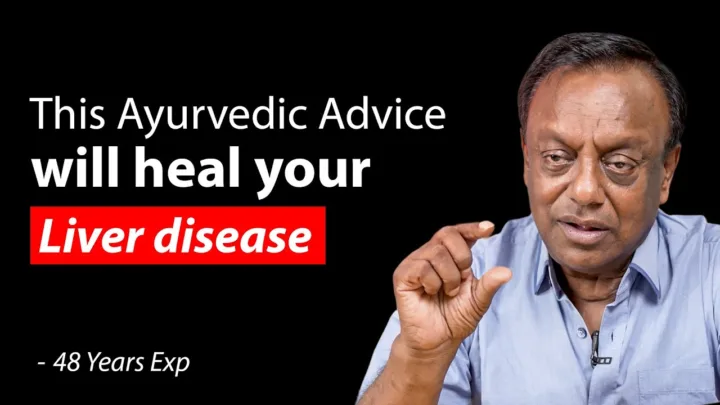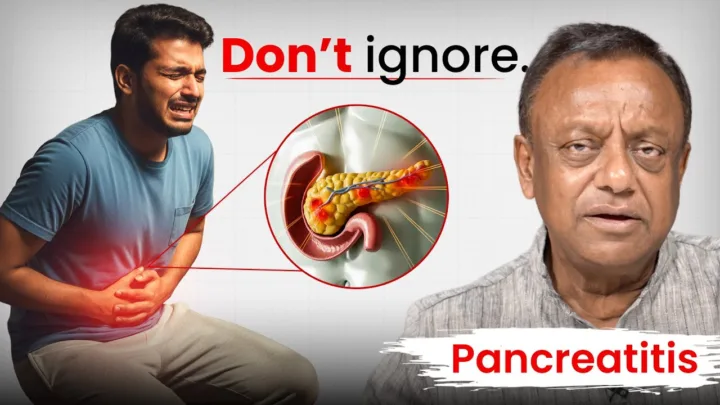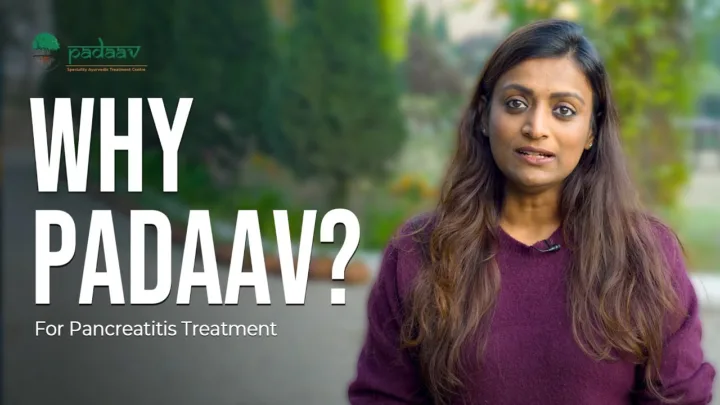In a candid conversation with Shikha Prakash from Padaav Ayurvedic Treatment Center, a crucial topic often lost in modern wellness fads was brought to light: gut health. While the term has become a multi-billion dollar industry, most people are unsure what it truly means or how to achieve it. This article compiles and elaborates on her insights, cutting through the noise to offer a practical, no-nonsense guide to a healthier gut.
What is the Gut and Why Does it Matter?
The gut is far more than just the stomach. It’s the entire digestive system, from the moment we salivate to the final act of excretion. A healthy gut is home to over 100 trillion bacteria, which are essential for our well-being. According to Shikha, our gut is our “second brain,” producing a staggering 90% of the body’s serotonin, the hormone responsible for happiness and good mood. The gut’s health directly influences our immune system (70% of which resides there), our mental clarity (preventing “brain fog”), and our energy levels.
The Silent Signals: Recognizing an Impaired Gut
An unhealthy gut doesn’t always scream for attention; it often sends subtle signals that we tend to ignore. These can be early warning signs of bigger problems. Common symptoms include:
- Digestive Issues: Bloating, acidity, burping, constipation, or loose stools.
- Mental & Emotional: Fatigue, sudden mood swings, anxiety, stress, or “brain fog.”
- Physical: Poor appetite, unexplained cravings (especially for sugar), and external signs like brittle nails, dull skin, and hair fall.
Shikha emphasizes that these aren’t just minor annoyances; they are your body’s way of telling you that something is fundamentally wrong.
Debunking the Myths: Why Quick Fixes Fail
In the age of social media, everyone from influencers to experts is promoting a “gut reset” with a single drink or a magic pill. Shikha strongly debunks this approach.
- The “Detox” Myth: You don’t need fancy detox drinks or powders. The first step is to stop putting toxins into your body. Avoid late-night meals, excessive alcohol, processed foods, and refined sugars. Your body’s natural detox system is incredibly effective if you don’t overload it.
- The “Magic Pill” Myth: Gut health cannot be fixed with a quick-fix supplement or a capsule. The gut has a natural rhythm and needs consistent, gentle care. Supplements should only be used to correct a diagnosed deficiency, not as a replacement for real food.
- The “Fasting” Myth: While certain forms of fasting can be beneficial, they are not a one-size-fits-all solution. Unsupervised or extreme fasting can be detrimental, especially for those with underlying health issues like gastritis or hormonal imbalances. Fasting should be practiced gradually and with awareness of your body’s needs.
A Practical “Gut Reset” Plan: The Padaav Approach
The solution to poor gut health isn’t complicated; it’s about returning to the basics that our ancestors practiced. The Padaav approach focuses on a simple 21-day routine to reset the body, built on three pillars:
- Lifestyle (Dincharya): Your daily routine is the foundation. Prioritize getting enough sleep, as rest is when your body repairs itself. A fixed sleep schedule and an early dinner (2-3 hours before bed) are non-negotiable. Don’t treat your body like a “washing machine” by eating at random times.
- Diet: Embrace a simple, wholesome, and balanced Indian thali. This means a meal with protein (dal, paneer), carbohydrates (roti, rice), vegetables, and a source of healthy fat (ghee, seeds). Eat home-cooked, seasonal, and regional food, as your body is naturally attuned to it. Avoid processed, reheated, and excessively sugary or oily foods.
- Mobility: A sedentary lifestyle is a major contributor to poor gut health. While walking is good, Vaidya Shikha recommends including some form of strength training (weight training) in your routine. This builds muscle and supports your metabolism in a way that our ancestors achieved through manual labor.
From Symptom to Solution: Embracing a Sustainable Lifestyle
Ultimately, gut health is a journey of self-awareness. It’s about listening to your body, not blindly following trends. True health is not about fitting into a certain clothing size; it’s about having the energy, vitality, and mental clarity to live a fulfilling life. By focusing on consistent, boring habits eating well, sleeping enough, and moving your body you can get off the rollercoaster of quick fixes and build a foundation for long-term health and well-being.






